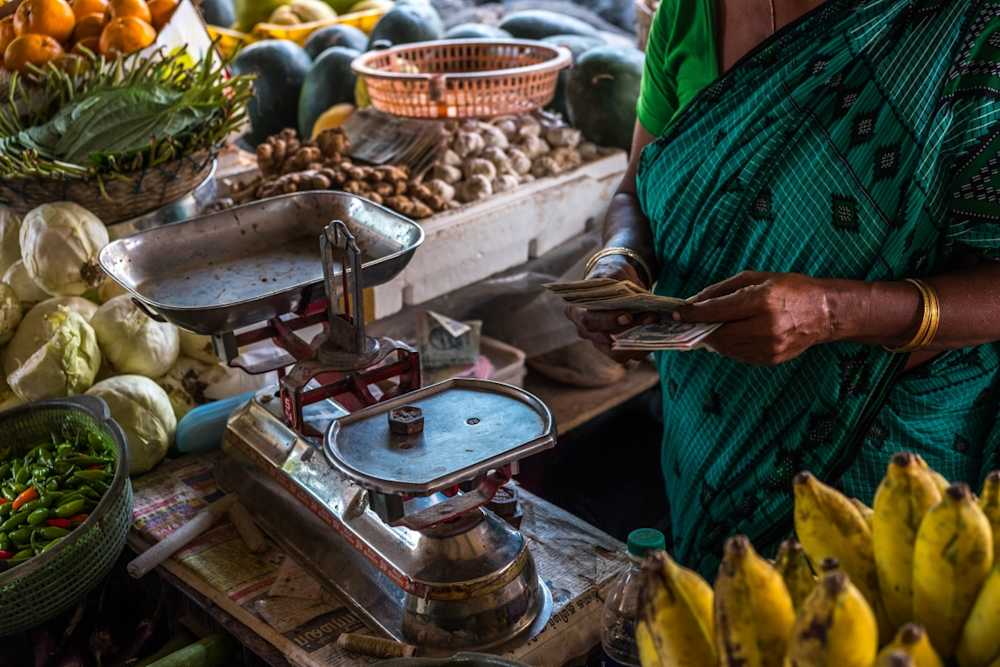ESG Briefing
ESG BRIEFING: Food is a global responsibility

Today is World Food Day.
Did you know that almost the same amount of people suffer from being overweight or obese than from hunger – around 800 million people each?
The uneven distribution of and access to (healthy) food results in high global consequences and costs – for humankind and for the environment. This includes, for instance, a large number of people suffering from diseases related to malnutrition as well as the loss of biodiversity resulting from large areas being transformed into cattle farming, monocultural plantations etc. Currently, only 8 different species cover more than 50% of the world population’s food intake.
The good news is that affordable solutions exist to reduce malnutrition and environmental degradation, but they require greater global commitment and action. A newly released report by the Intergovernmental Panel on Climate Change (IPCC) calls for global effort for the transition to more climate and environmentally friendly and nutritious food production. The UN has also set a global challenge to achieve Zero Hunger by 2030. This does not only mean producing enough food – it must be healthy, diverse and, at the same time, sustainable for the environment. Also, very importantly, it must provide farmers with decent labor conditions.
Interested in investing in sustainable agriculture? INVESTMENT SOLUTION
By investing in and supporting food production companies in developing countries, responsAbility is contributing to the movement of achieving these ambitious but necessary goals towards Zero Hunger, to promote sustainable agriculture and to improve labour conditions for farmers. As a part of our ESG assessments, we ensure that the majority of our agricultural investments are certified (Rainforest Alliance, UTZ, Fairtrade etc.). With this, we verify, that the food production in the areas of coverage, happen in a sustainable manner. This includes, among other things, proper water and waste management, reduced land degradation, decent labour conditions and more carbon uptake in the farming system. Ensuring these factors is also important in terms of decreasing food vulnerability from climate change and to ensure a more stable source of income and nutrition for marginalized communities dependent on agricultural activities.